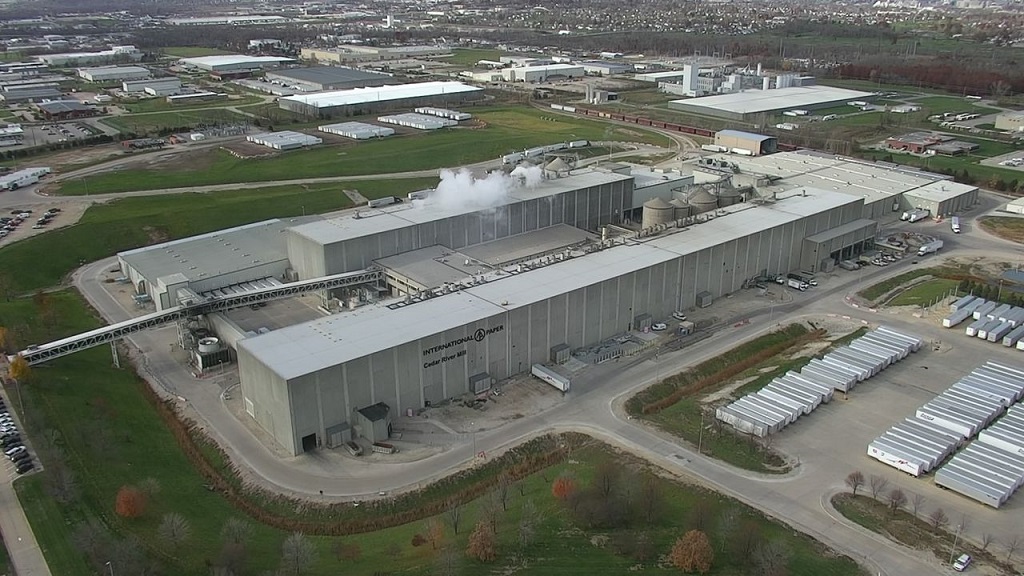The U.S. Department of Energy (DOE) Office of Clean Energy Demonstrations (OCED) announced up to $304 million in funding for four projects to pilot transformational technologies designed to capture carbon dioxide (CO2) in Kentucky, Mississippi, Texas and Wyoming. Nonprofit research institute RTI International was selected for award negotiations to lead the carbon capture pilot in Mississippi in collaboration with International Paper (IP), SLB and Amazon.
A first-of-its-kind for the pulp and paper industry, the pilot will be at IP’s Vicksburg Containerboard Mill. The project aims to capture 120,000 metric tons of CO2 per year, an amount equivalent to the annual CO2 emissions of nearly 27,000 gasoline-powered cars, and direct it to a site for permanent geologic storage. Phase 1 of this pilot project will conduct a front-end engineering design (FEED) study for a carbon capture system at IP’s containerboard mill. If successful, subsequent phases would lead to permitting, construction and operation of a carbon capture plant.
The four-party collaboration includes the technology developer (RTI), the technology deployment partner (SLB), the host site (IP) and the end user (Amazon). The project will provide IP and Amazon with long-term testing data on carbon capture performance and emission control, as well as a techno-economic analysis of CO2 capture through RTI’s NAS technology. It also leverages Amazon's expertise in sustainability science and reinforces the importance of public private partnerships in advancing these impactful decarbonization technologies.
The pulp and paper industry currently produces 48 million metric tons of CO2-equivalent emissions per year in the U.S., plus an additional 100 million metric tons of CO2-equivalent emissions per year from related biogenic emissions.
This project includes a federal cost share of up to $88M across all phases and aims to spur private-sector follow-on investment, aid the adoption of the technology, and meet DOE’s decarbonization goals for the industrial sector. The demonstrated technology can then be replicated across the pulp and paper industry. This project builds on previous DOE carbon capture research and development into RTI’s NAS technology, funded through the DOE Office of Fossil Energy and Carbon Management.
